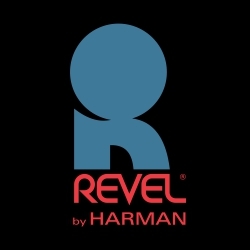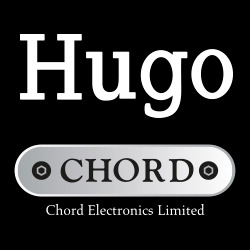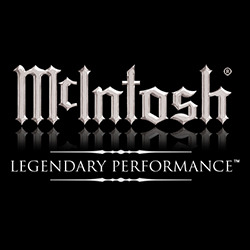(Intended for dummy issue of proposed BBC MAGAZINE)
Blu-ray vs HD-DVD
“Format Wars” – two words that strike fear in the hearts of consumers, manufacturers and retailers alike. Is there a single gadget fanatic alive over the age of 35 who doesn’t remember the Betamax vs VHS video tape fracas? The history of consumer electronics is littered with failed formats, and – along with them – millions of users stuck with tapes or discs or computer software that can never be used again.
So why, you might ask, have the giant corporations squared off yet again for a war in which there are no victors? After the universal successes of Compact Disc and (normal) DVD, two of the rare occasions when the entire consumer electronics industry came to an agreement before exploiting the public, what possessed them to launch the rival “high def” video formats, Blu-ray and HD-DVD?
The more technically-inclined know that Blu-ray offers much higher capacity than HD-DVD, and therefore greater potential for higher picture quality, plus superior resistance to obsolescence and everything else that greater “real estate” can provide. HD-DVD? Its supporters boast lower production costs, but both know that the success of ANY format requires two things: rapid market penetration of the machines to play the discs, and a big, fat, juicy software catalogue.
So far, pundits’ predictions have been way off, especially with regional sales. Apparently, HD-DVD has the lead in Europe because of its less-expensive players, while Blu-ray is conquering the all-important US market thanks to an irresistible secret weapon: Sony’s Blu-ray-ready PS3.
Hamish McAlpine, CEO of Tartan Films and a fastidious audiophile, has always entered the fray on the side of quality. Tartan was, for example, the only serious source for Laserdiscs in the UK when that format represented the state of the art, and it was an early supporter of DTS. According to McAlpine, “Because Playstation 3 was released earlier in the USA than Europe, Blu-ray got a head start [over HD-DVD]. And something like 90 percent of PS3 owners have bought Blu-ray discs simply because the player provided it. That’s a serious boost, whereas earlier Playstations didn’t necessarily influence the purchase of DVDs.”
HD-DVD, though, kicked in with hardware half the price of the first Blu-ray machines (which makes a PS3 astonishing value for cheap entry into Blu-ray). But industry support is crucial. Blu-Ray can boast Apple, Dell, Hewlett Packard, Hitachi, LG Electronics, Mitsubishi Electric, Panasonic, Pioneer, Philips, Samsung, Sharp, Sony and others for hardware, plus, Sony Pictures Entertainment, MGM and Disney. HD-DVD’s main muscle is Toshiba, allied with Paramount, Universal and Warner Bros. Oh, and a wee company called Microsoft.
Would you want to bet on either side? I thought not.
Meridian’s Bob Stuart, who has been involved with new formats at the highest levels, believes that it’s all down to profits. “The reason why format wars continue relates to the vast revenues which accrue from licensing. If you want to make a player or press discs, you pay a royalty fee to the license holder.” So the stakes are huge, which is why both Sony and Toshiba will tough it out to the very end. Let’s just hope the consumer doesn’t, yet again, serve as the cannon fodder.






















